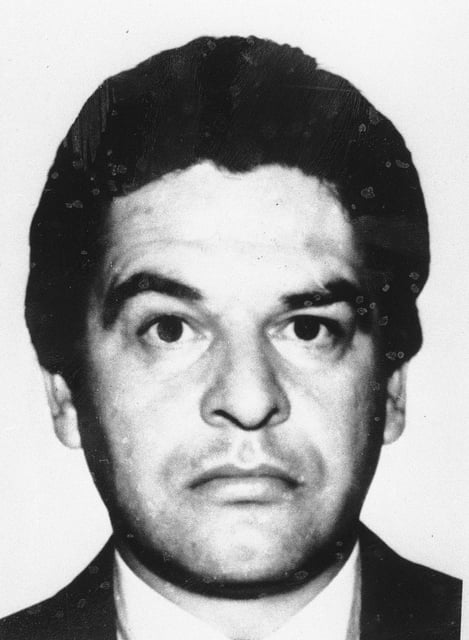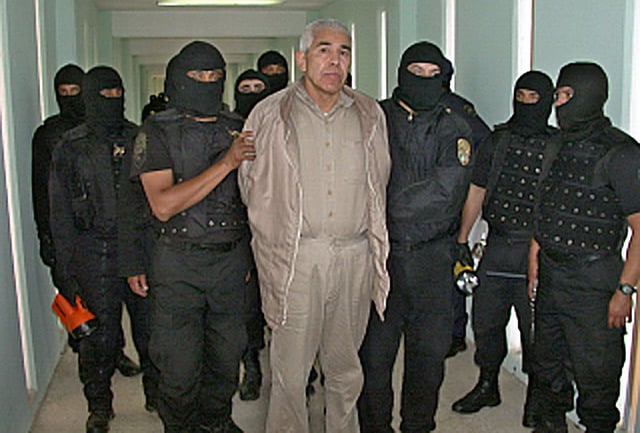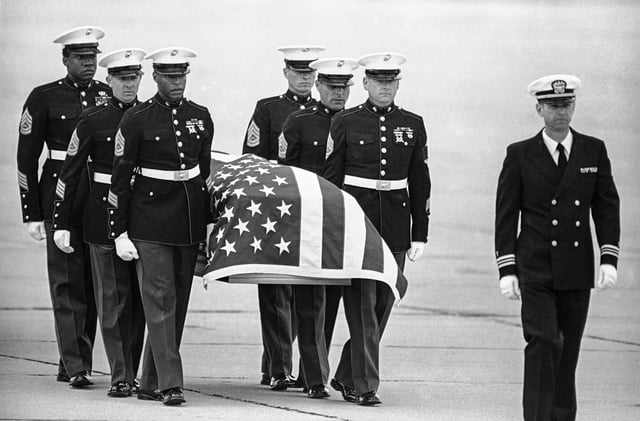Overview
- The lawsuit, filed in California federal court, names the Sinaloa Cartel and three alleged leaders—Rafael Caro-Quintero, Ernesto Fonseca-Carrillo, and Miguel Angel Felix-Gallardo—as defendants.
- President Trump's January 2025 designation of the Sinaloa Cartel as a foreign terrorist organization allowed the family to pursue legal action under the Anti-Terrorism Act.
- Caro-Quintero, extradited to the U.S. in February 2025, faces charges including murder conspiracy and drug trafficking; the other defendants remain in Mexico under house arrest.
- The family is seeking compensatory, punitive, and treble damages for international terrorism, wrongful death, and emotional distress tied to the 1985 murder.
- This case marks the first use of the Anti-Terrorism Act against a Mexican drug cartel, potentially setting a precedent for future legal actions.



